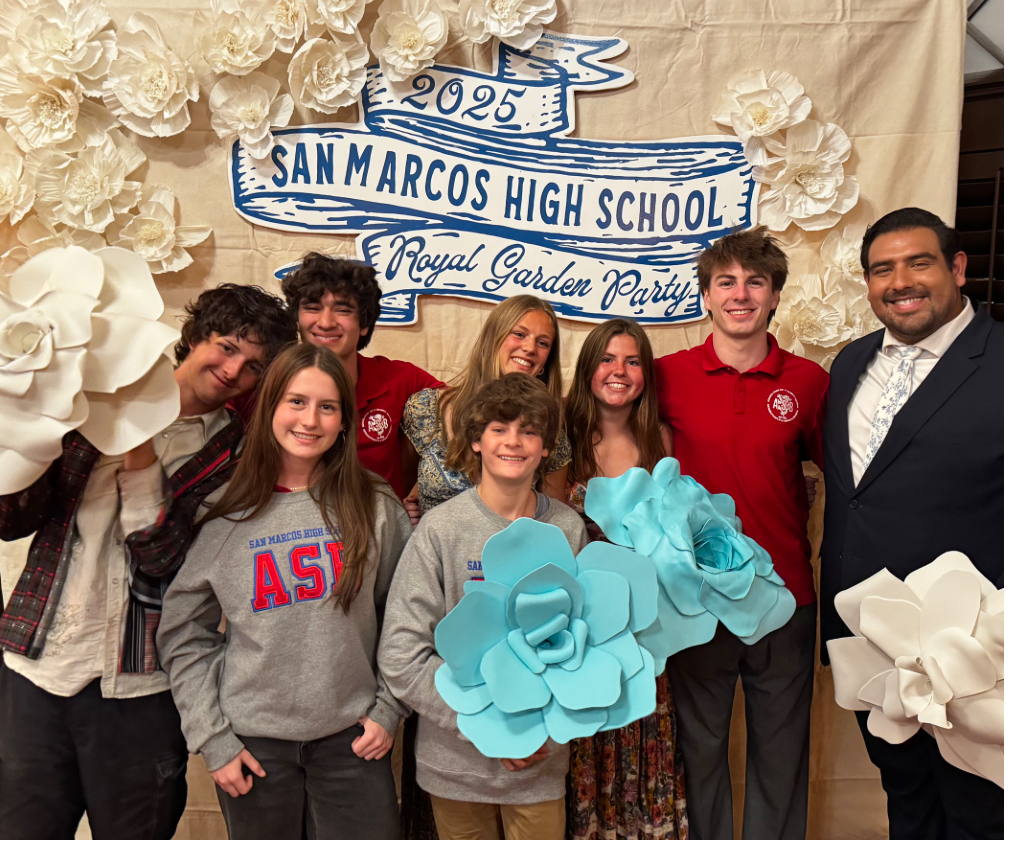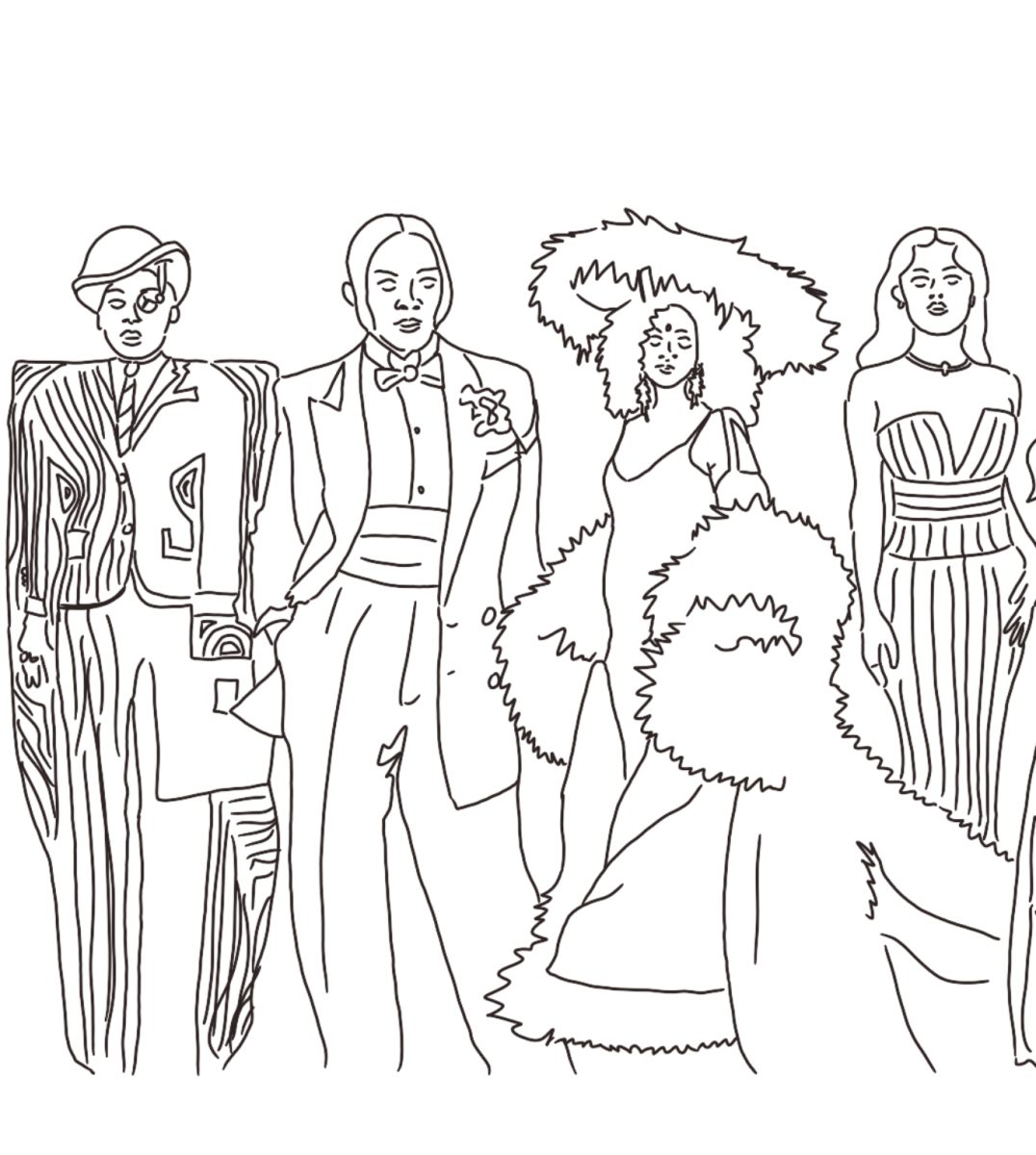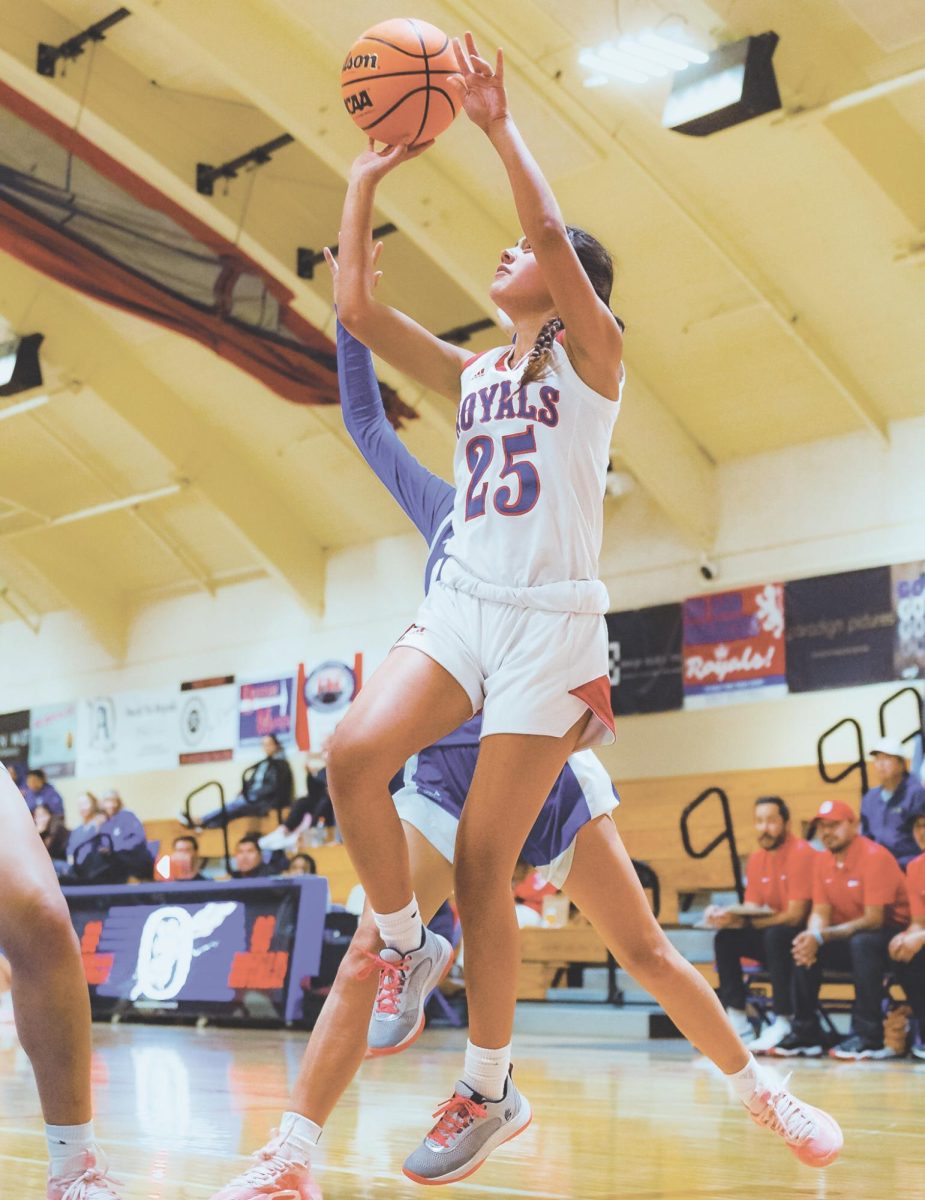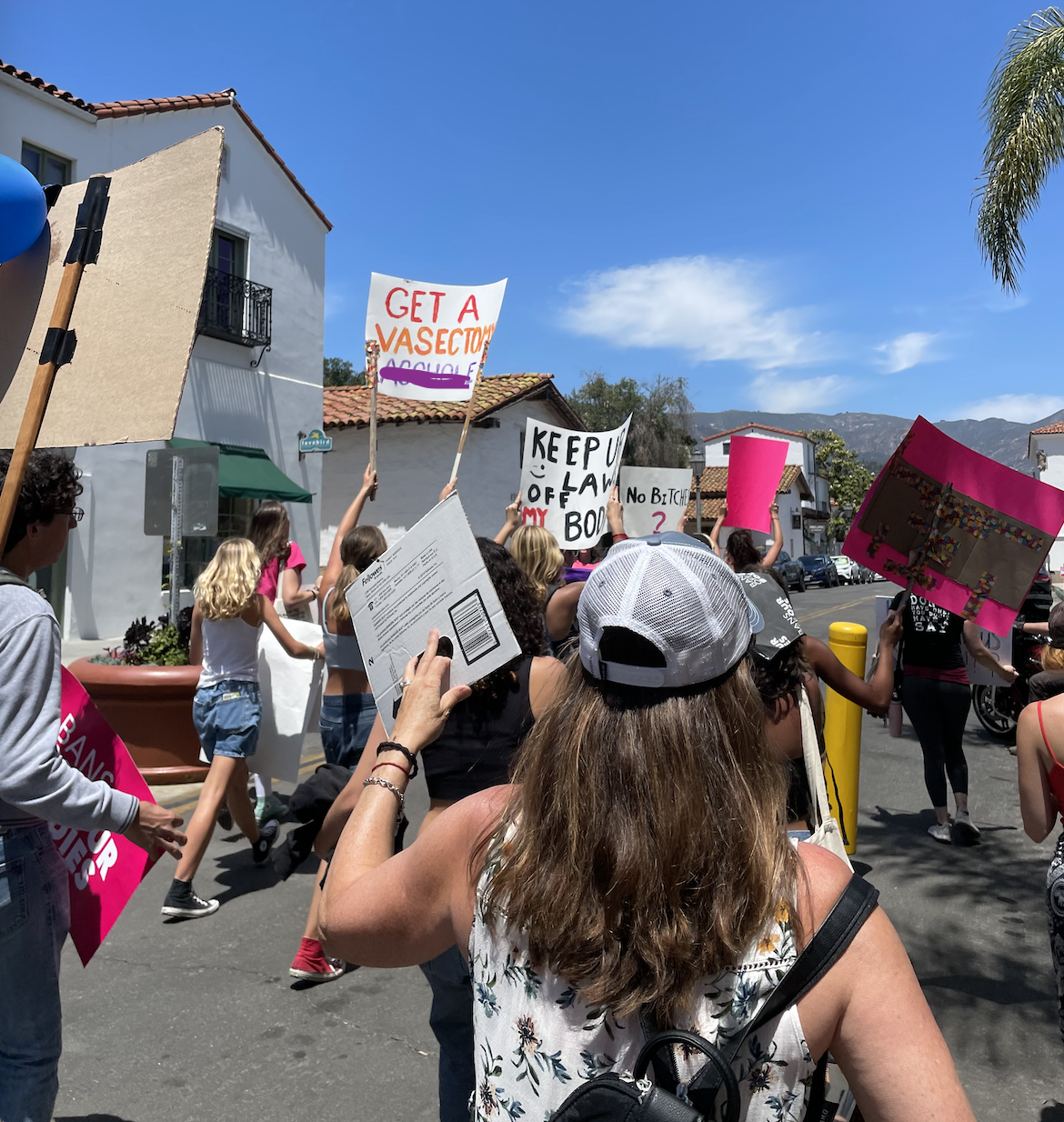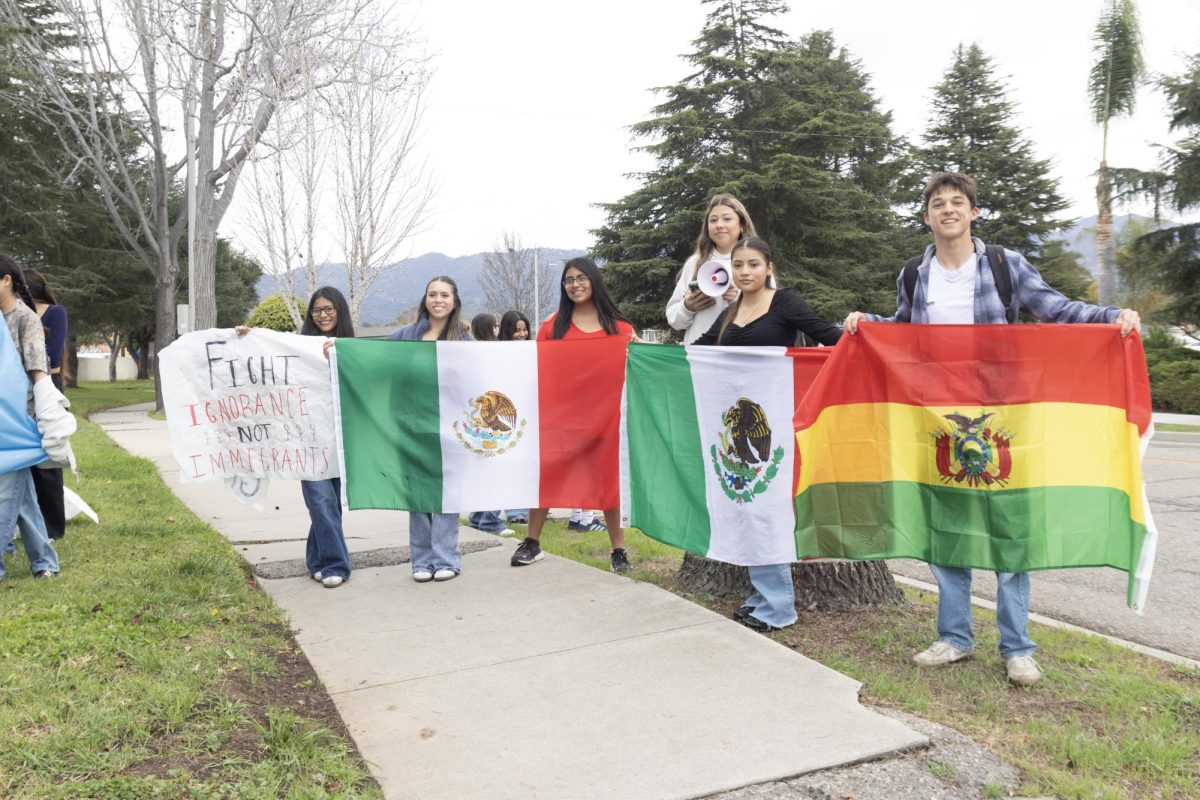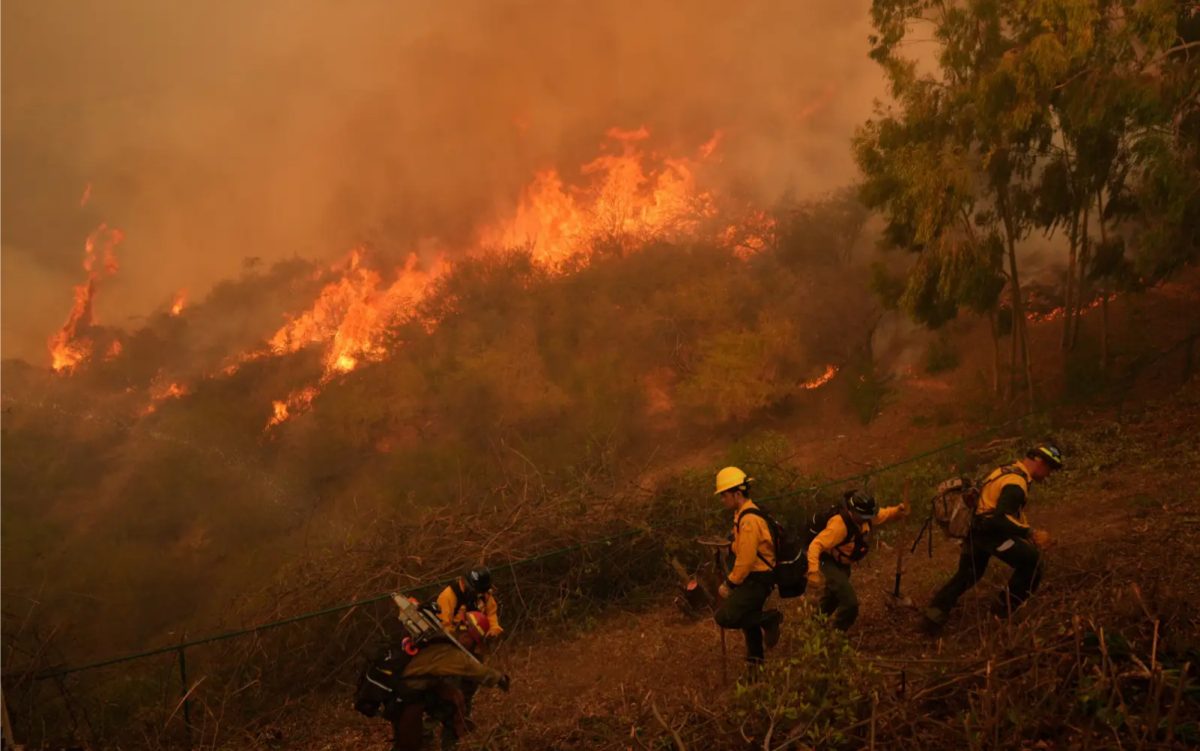On January 22, 1973, the U.S Supreme Court decided that a woman’s right to make her own choices about her pregnancy deserves the highest level of constitutional protection. The case of Roe v. Wade began in 1970, and almost 50 years later, pro-life American lawmakers are still attempting to challenge the Supreme Court’s 1973 decision. A recent majority draft within the Supreme has been leaked for the first time ever in U.S history, revealing the upcoming overturn of Roe v. Wade. Protests flood the streets, and political tension rises as American women fearfully watch the progression of their reproductive rights go back in time.
What happened in the case of Roe v. Wade
For almost 40 years, abortion has been a highly important part of women’s health care. In order for abortions to be successful, it is necessary that they are safe medical procedures that are easily accessible to women without fear of breaking the law. The decision of Roe in 1973 opened up the accessibility of safe legal abortions to thousands of women. According to data reported by Planned Parenthood, one of the top providers of safe abortions in the US, 17% of all pregnancy caused deaths in young women were due to illegal abortions. This percentage was taken in 1967, six years before Roe v. Wade was decided. By 1999, this number dropped to 0.3 percent. Roe not only increased accessed to safe abortions, but enabled women to educate themselves about safe sex, and the options that come along with pregnancies, wanted or unwanted. Further, the decision loosened the stigma around abortions.
At its roots, Roe v. Wade was an issue of privacy, which complicates the case’s constitutional application.
“No constitutional amendment specifically names ‘privacy’ as a right. However, this is probably more due to the fact that such a right didn’t exist (as we think of it today) when the Constitution and Bill of Rights were drafted. The Framers clearly did not think a government ought to be able to surveil citizens, or exert undue influence over their private lives.” Said San Marcos AP Government and Politics Mr. Clow, “We know this by reading amendments 3, 4, 9, 10, and 14, which, among other things, ban government agents from entering your home without permission, force the government to get a warrant in order to search you or your belongings, ban governments from abridging rights that aren’t listed in the Bill of Rights, and force states to uphold citizens’ rights to life, liberty, property, and due process of law.”
In 1969, Norma McCorvey sought to terminate her pregnancy. She was living in Texas where abortion procedures were legal at the time, but only if a doctor needed to perform the procedure to save the woman’s life. However, McCorvey’s need for an abortion was not life threatening, she simply did not wish to be pregnant anymore. In this time, women who wanted abortions for this reason could only get them if they had the money to travel to a state where the procedure was legal. But this was impossible for McCorvey, as she lived in difficult circumstances in great poverty. This was the case for thousands of other women as well. Dangerous “Back Alley” illegal abortions and self-induced abortions were unfortunatley the only way many women could end their pregnancies. According to the Guttmacher Institute, from 1950 to 1960, it was estimated the amount of illegal abortions in the United States performed rose from 200,000 to 1.5 million.
Norma McCorvey was unsuccessful in attempting an illegal abortion, and decided to take her issue to two attorneys who were some of the first to challenge Texas abortion laws: Linda Coffee and Sarah Weddington. At this point, McCorvey started going by the name of Jane Roe in court documents for privacy reasons. In early 1970, the attorneys filed a lawsuit on behalf of Roe and “All other women who are or might become pregnant and want to consider all options” against Henry Wade, the district attorney of Dallas County Texas. By June of that year, the Texas district court ruled that it was illegal to ban abortion, as it violated the constitutional right to privacys. Eventually, the case was appealed to the U.S Supreme Court, and on January 22, 1973, the Texas abortion ban was brought down on a 7-2 majority decision.
Almost immediately after the court decision was made, opponents of safe and legal abortion began attempting to undermine the right to choose. The Supreme Court was called upon a remarkable amount of times over the next few decades: by women who believed the restriction of aboriton in their state violated their constitutional right to privacy. And now, almost 50 years after the decision was made, it could potentially be overturned completely.
“SCOTUS could have looked to overturn Roe by saying that Roe improperly applied the right to privacy that is hinted at by Amendments 3, 4, 9, 10, and 14. But instead, the wording of Justice Alito’s draft opinion makes it seem like Roe isn’t the problem — the right to privacy is the problem. This calls into question other cases decided based on this right, such as rights to birth control, gay marriage, and interracial marriage.” Said Mr. Clow.
What is at stake today?
If aboriton becomes illegal in certain states, this puts low income women especially at risk. Traveling to a different state to have an aboriton is a costly process. Louisiana resident Vikki Brown recieved an abortion in 2019, and had to travel accross the country for her procedure.
“I’m very lucky that I had the resources to go and leave Louisiana,” Brown said of her experience in an interview with ABC News, “While abortion is legal in Louisiana, I would have had to contend with a long, multi-step process in New Orleans to get an abortion when I was about five weeks pregnant. Instead, I traveled to Washington, D.C., where I stayed with a friend and was able to get an abortion in one day.” Many women seeking abortions live in difficult circumstances such as domestic abuse or poverty that rule out traveling as an option.
“What will happen when Roe is overturned is that women will be forced to make decisions that put their health at risk and women who have less means will suffer the most,” Brown added.
The Peoples’ Response
Protests against the overturn of Roe v. Wade and for the continuation of a woman’s righ to abortion have been appearing all over the country. Activist of all genders have marched the streets, bearing signs saying things such as “Laws off our Bodies,” “Pro-choice is Pro-woman,” “Reproductive rights are human rights,” and “You can’t ban abortion, you can only ban safe abortion.” These people are making their voices heard and declaring their fight back to protect their rights. On Saturday, May 14th, one occurred in downtown Santa Barbara.
“The turnout made me really happy. It makes me hopeful to see so many people who care.” Said senior Andie Bronstad, who marched with hundreds of others on the 14th.
“It feels really supportive to know there are other people just as upset about this as I am,” Said another participant of the protest, senior Devyn Wong, “I really have hope that these protests will make a difference.”
Abortion is not only an important health care right for women, but a right to be in control of their own futures. The right to choose is one that should be protected like any other. The possibility of Roe v. Wade being overturned has produced great amounts of fear in millions of women across the country. However, in order to make progress instead of continuing backwards, it is important that we channel this fear into action. We must continue standing up for our rights, and educating ourselves and others.


